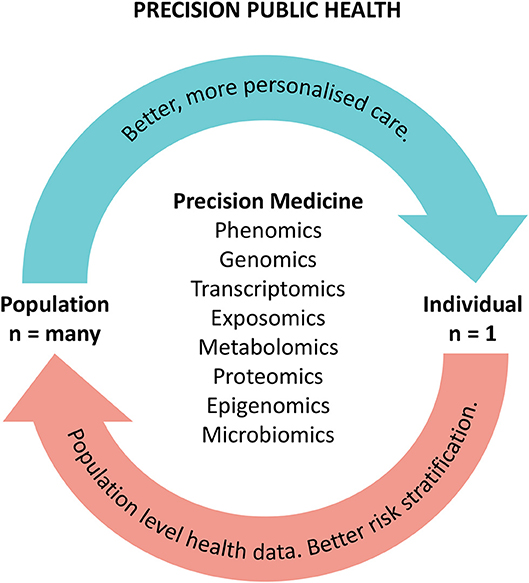What Statistics Can and Can’t Tell Us About Ourselves
Great article from Hannah Fry in The New Yorker.
In the era of Big Data, we’ve come to believe that, with enough information, human behavior is predictable. But number crunching can lead us perilously wrong.
05 de setembre 2019
04 de setembre 2019
How technology may reduce the compensation of health professionals
THE IMPACT OF TECHNOLOGICAL ADVANCEMENTS ON HEALTH
SPENDING - A LITERATURE REVIEW
Six years ago I said that the argument of continous growth of health care expenditures due to techonology and ageing was flawed. Bob Evans explained long time ago that politicians sya that costs are inevitable to avoid responsibilities.
I demonstrated that it was possible to constrain health expenditures having both effects: technology innovation and ageing. Right now, it seems that OECD has not seen these patterns and publishes a review and says that according to:
SPENDING - A LITERATURE REVIEW
Six years ago I said that the argument of continous growth of health care expenditures due to techonology and ageing was flawed. Bob Evans explained long time ago that politicians sya that costs are inevitable to avoid responsibilities.
I demonstrated that it was possible to constrain health expenditures having both effects: technology innovation and ageing. Right now, it seems that OECD has not seen these patterns and publishes a review and says that according to:
Historical growth rates across OECD countries (1995-2015), we can estimate a historical contribution of around 1% yearly health care expenditure growth. Looking at projections in the next decades, health expenditure is projected to grow at a slightly lower pace compared to the previous period, with 2.7% estimated yearly growth . On average, this would mean a contribution of 0.9% per year to total health expenditure coming from technological change.And...what happens if there is no growth in per capita health expenditures as has happened in our country in the last decade? which is the contribution of technology?. The answer is easy. If technology has been applied in fact, there has been a reduction in the cost of other inputs (!!!). And I can guess that there is only one factor that explains the growth in technology costs, the reduction in human resources costs. Salaries have decreased in real terms and there is no prospect for recover. I think that this result is the worst of any potential scenario. Physicians and professionals have to be compensated according to effort, responsibility and performance. Reducing its relative compensation is not an option. If you want innovation you have to pay for it.
01 de setembre 2019
Precision Public Health
Optimizing Precision Medicine for Public Health
Precision public health (PPH) is an emerging topic of public health that complements the development of precision medicine and utilizes advances in new technologies and knowledge unlocked through big data to better target public health efforts within populations
In publically funded healthcare systems two broad priorities for decision-makers are “to do the most, for the most” (47), and to “reduce health inequity” across the population
The solution in reconciling the n of 1 with the n of many approach for precision medicine and public health respectively lies within using precision medicine technologies to more accurately identify and define population cohorts, through increased understanding of the underlying causes and biological pathways of disease and health. That is, improved molecular understanding of disease and the underlying biological pathways create new knowledge that unlocks opportunities for discovery and re-aggregation of patient cohorts.This article provides some hints about the impact of precision medicine in public health. However, you'll not find the details on how to apply it in practice. We are just in the begining of this approach.
31 d’agost 2019
30 d’agost 2019
29 d’agost 2019
Book choice
Bettering Humanomics: Beyond Behaviorism and Neo-Institutionalism
Next book by Deirdre McCloskey
Humanomics
By Vernon Smith
Next book by Deirdre McCloskey
Humanomics
By Vernon Smith
28 d’agost 2019
Subscriure's a:
Missatges (Atom)






